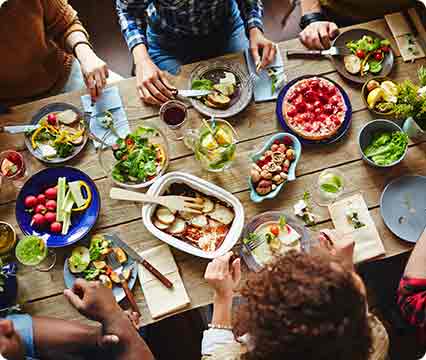The impact of culinary education on adolescents’ psychosocial wellbeing: A systematic review

This review investigates the psychosocial benefits of culinary education for adolescents, addressing a gap in existing literature. A comprehensive literature search across six databases identified relevant studies published between 2005 and 2025. From an initial pool of 1783 articles, 84 were screened, leading to the inclusion of six studies from New Zealand, Denmark, Germany, and the United States. These studies evaluated culinary education programs ranging from 1 day to 6 weeks and focused on adolescents aged 10 to 19 years. Findings indicate that five out of six (83.3%) programs led to short-term enhancements in psychological and social well-being, primarily through improved relatedness and social identity. However, the overall quality of the studies was moderate, often constrained by small sample sizes and potential biases in study design. In summary, while culinary education may positively influence adolescents’ psychosocial well-being in the short term, the current evidence is limited. Future research should aim to elucidate the mechanisms underlying these programs and assess their long-term effectiveness. [NPID: Culinary education, well-being, social identity, adolescents, psychosocial]
Year: 2025

 Navigation
Navigation








